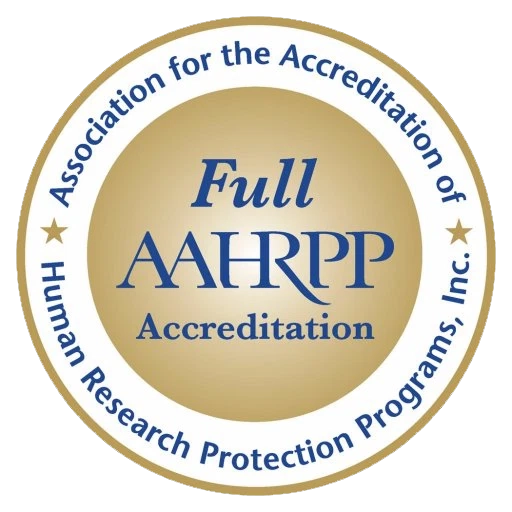Clinical Trial Participant Rights and the Importance of Ethical IRB Review
As the number and complexity of clinical trials continue to grow, so does the imperative to ensure that participants are fully informed about the risks and potential benefits of their involvement. Comprehensive disclosure is not a courtesy—it is a bedrock principle of human research protection. This principle, rooted in foundational ethical guidelines like the Belmont Report, the Declaration of Helsinki, and the Common Rule, reflects one of the most straightforward concepts in research ethics: no one should enter a clinical trial without a clear understanding of the risks, benefits and the possibility of no direct benefit at all.
Yet almost half a century after the establishment of these ethical standards that underlie the modern regulatory framework of clinical trials, the practical implementation of these ideals may still falter. Recent coverage of Alzheimer’s drug trials has revealed the profound potential consequences of insufficient transparency. In one case, participants with genetic markers linked to a heightened risk of severe brain injuries were not fully informed of their heightened risk; participation in the study lead to the tragic death of one such participant. This serves as a stark reminder of how omissions can undermine the trust that forms the foundation of every clinical trial.
INFORMED CONSENT: MEETING HIGHER ETHICAL STANDARDS
We have all been taught that informed consent is not just a signature on a page—it is an ongoing process of meaningful communication. Participants must understand not only the known risks of a drug, device or procedure but also the potential risks, even when the likelihood of those risks is unclear. The U.S. Food and Drug Administration (FDA) has recently reinforced this principle in a Notice of Proposed Rulemaking (NPRM). The proposal highlights that informed consent must do more than simply list required elements. It must present those elements in a way that is accessible and easy to understand. This shift is crucial. Dense, jargon-filled consent forms may technically satisfy regulatory requirements, but they fail to meet the higher ethical standard of participant comprehension.
At Sabai, we see informed consent as a living process, not a static document. We encourage all stakeholders to strive for this higher standard. Clear, accessible language is not an administrative burden; it is a shared responsibility rooted in respect for participant autonomy.
IT TAKES A VILLAGE
It is tempting to see the Institutional Review Board (IRB) as the primary “watchdog” of participant rights, but ethical research requires more than one set of eyes. Protecting participants is a shared responsibility among all involved in the design, conduct and oversight of clinical trials, each playing a unique role in safeguarding participant welfare.
- Sponsors and CROs must ensure that study protocols prioritize participant safety and transparency.
- Principal Investigators (PIs) and Site Staff are on the front lines of participant interaction, responsible for making sure informed consent is more than a formality.
- IRBs oversee the process as a whole, ensuring that studies are ethically sound and participant rights, including the right to fully informed consent, are upheld.
No single group can carry this responsibility alone. We must see ourselves as co-guardians of participant welfare. The heartbreaking loss of a participant during an Alzheimer’s drug trial reminds us that the price of inadequate oversight is not just regulatory scrutiny—it is irreparable harm to human beings.
RELY ON SABAI
While the challenges of ethical research are significant, the good news is that solutions exist. Sabai stands as a reliable partner in supporting clinical research of the highest standards. Our role extends beyond compliance to actively promote ethical excellence. We are here to help research teams navigate the complexities of informed consent, participant risk, and ethical study design.
Through thoughtful review, clear guidance and ongoing dialogue with study teams, Sabai works to ensure that every participant understands the risks they face, the limits of potential benefit, and their right to decline participation without fear or pressure. This is not only a regulatory obligation—it is a shared commitment to integrity and compassion.
As clinical trials evolve in complexity and drive unprecedented progress in discovering new therapies, the ethical principles of research remain constant. Respect for persons, beneficence and justice are more than theoretical ideals; they are daily imperatives. Every person who volunteers for a trial represents an opportunity to do right. No trial is too urgent that it warrants cutting ethical corners.
The next time we review a protocol or prepare a consent form, it’s worth remembering that there is a person on the other side of that document. Their decision to participate may be one of the most vulnerable and consequential moments of their lives. Our shared mission is to honor that vulnerability with honesty, clarity and compassion.
At Sabai, we are committed to this mission. We believe that ethical research is not just possible—it is essential. By working together, we ensure that participants are more than “subjects” in a study. They are respected, informed and protected.
Author: Oleg Kisselev, IRB Chair



